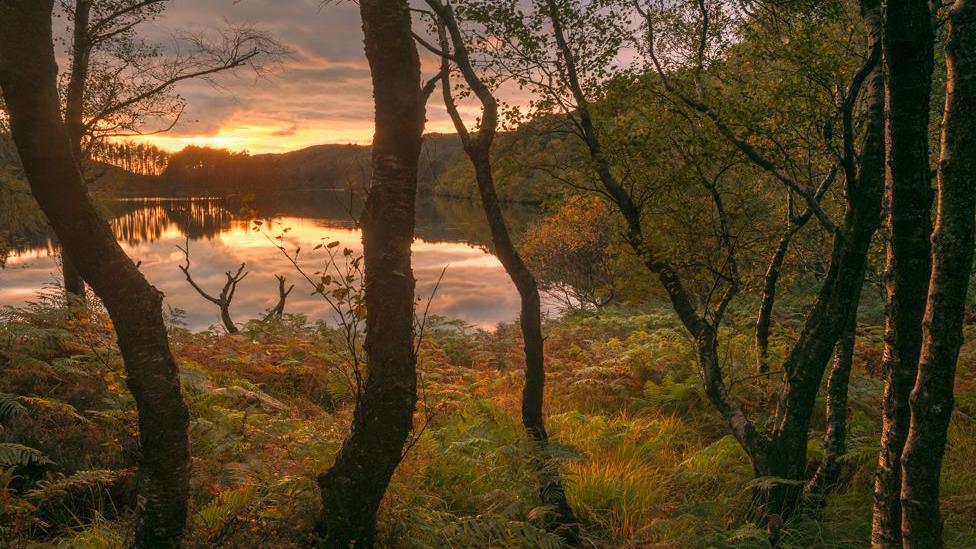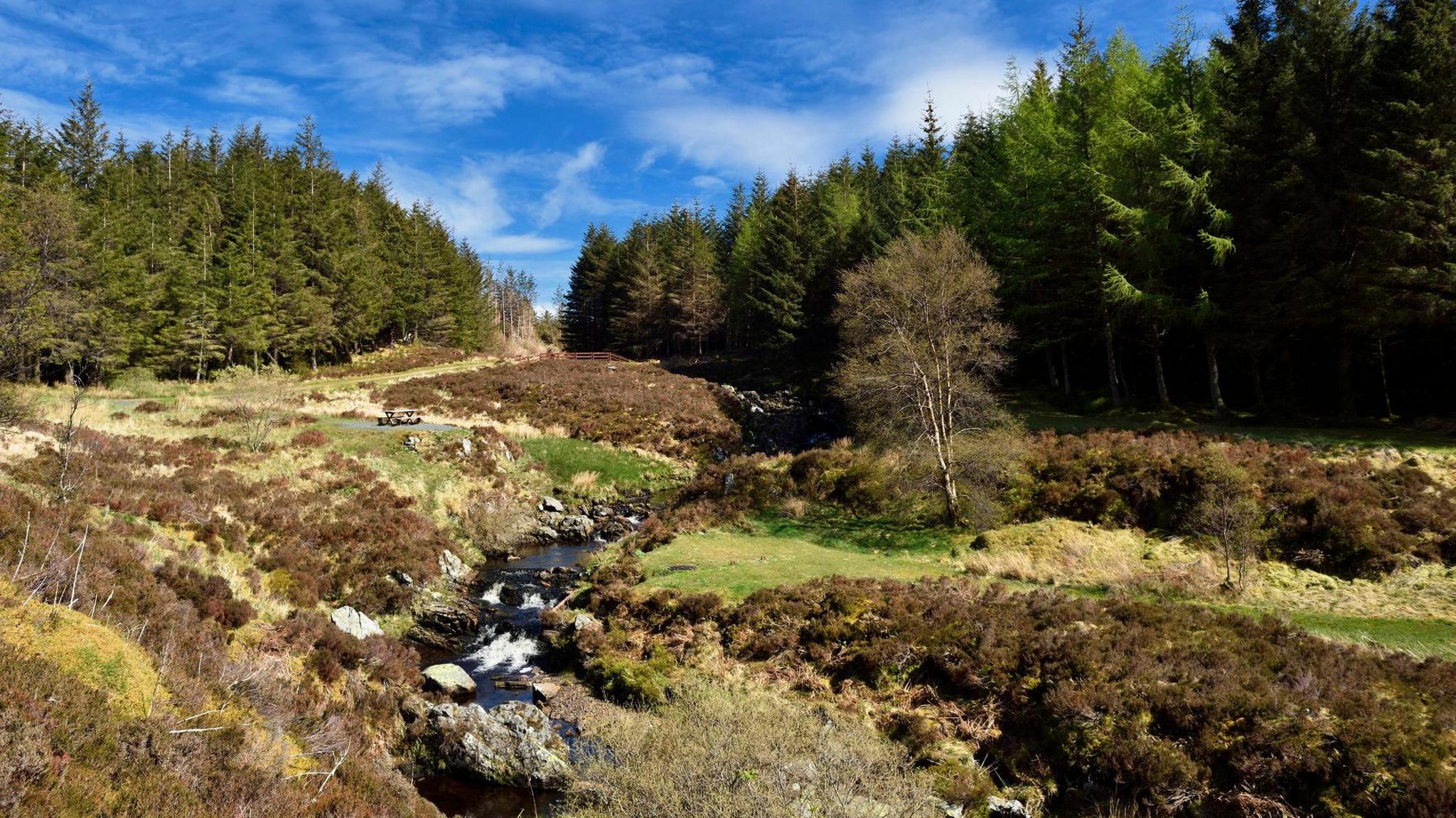New Scottish national park consultation begins

The consultation over the proposals will run until February
- Published
The consultation process has formally started on plans for a third national park in Scotland.
It will look at whether Galloway should join the Cairngorms and Loch Lomond and the Trossachs.
NatureScot, which is running the process, has urged people to have their voices heard and stressed that a new national park was not a "done deal".
The consultation - which has been extended by a fortnight - will run until 14 February.
The issue has proved a divisive one with campaigners in favour of the move arguing the status could help to put the area on the map.
They believe it could deliver "transformational" benefits for the region.
However, an opposition campaign started as soon as Galloway was announced as the preferred location for a new park.
Opponents fear it could push up house prices, increase bureaucracy and put pressure on infrastructure unable to cope with more tourism.
Get in touch
What stories would you like BBC News to cover from the south of Scotland?
The consultation is available via the NatureScot website and, during the second half of November, a consultation leaflet will be distributed to more than 52,000 households and businesses.
Public events are also planned to be held across the area.
Once the consultation is completed NatureScot will produce a "full account and analysis" of the views expressed.
It will be used by the Scottish government to decide whether to take forward the plans.
Fair and transparent
NatureScot head of people and places, Pete Rawcliffe, said: "A new national park in Galloway is still a proposal and not a done deal, and this is an opportunity for anyone with an interest in the proposal to have their voice heard.
"We are committed to ensuring every aspect of this is fair, transparent and as inclusive as possible.
"We need the communities who live and work across the south west of Scotland to take part in this consultation, and tell us what matters to them in order to make sure our advice to government is a fair reflection of the views held in their area."
- Published1 November 2024
